The Middle East peace process continues to face significant challenges, with issues like settlement expansion and Palestinian statehood remaining contentious. The recent establishment of an illegal Israeli outpost near Ramallah has brought these challenges to the forefront, highlighting the complexities and obstacles that must be overcome to achieve a lasting peace.
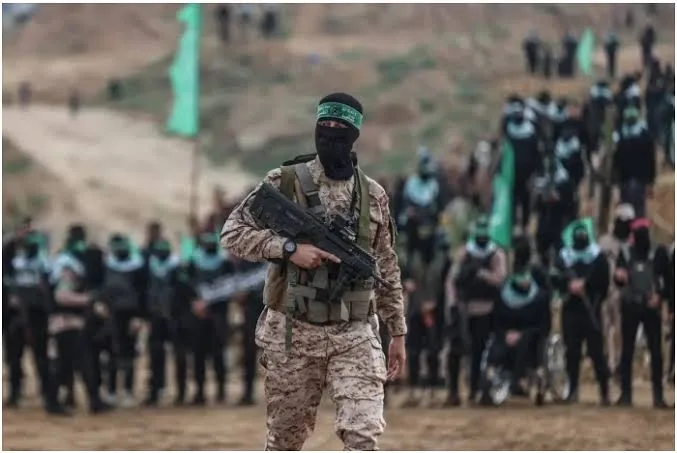
## Settlement Expansion
Israeli settlement expansion in the occupied West Bank and East Jerusalem is one of the most significant hurdles to peace. The international community considers these settlements to be illegal, and they are a major point of contention between Israel and the Palestinian Authority. The expansion of settlements not only undermines the possibility of a two-state solution but also creates facts on the ground that make it increasingly difficult to negotiate a peaceful resolution.
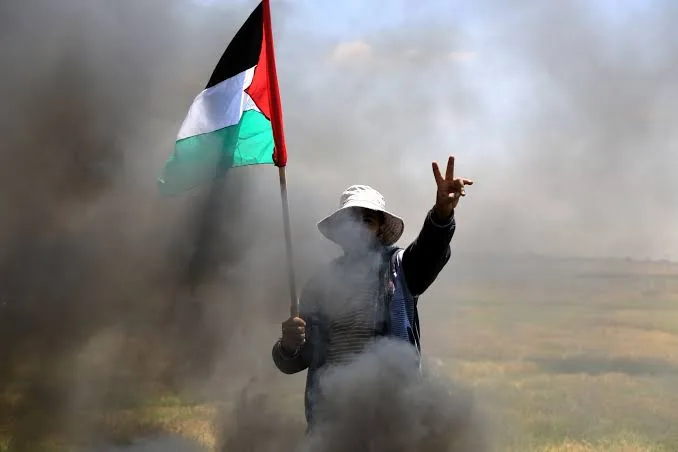
## Palestinian Statehood
The question of Palestinian statehood is another critical issue that remains unresolved. The Palestinian Authority has long sought recognition as a sovereign state, but this goal is complicated by the ongoing occupation and settlement expansion. The Palestinian leadership has expressed concerns that Israel’s actions are designed to prevent the establishment of a Palestinian state.
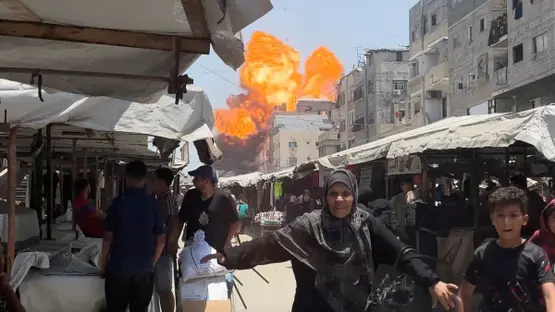
## Regional Stability
The developments in Ramallah and the broader West Bank are being closely watched, and their impact on regional stability and relations between Israel and the Palestinian Authority will be significant. Any escalation in tensions could have far-reaching consequences, including increased violence and instability in the region.
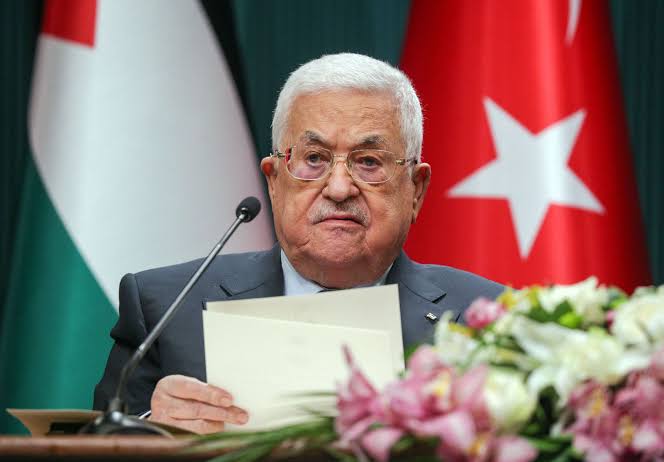
## International Community’s Role
The international community plays a crucial role in promoting peace in the Middle East. Diplomatic efforts and economic support can help to create an environment conducive to negotiations and peacebuilding. However, the international community must also hold parties accountable for their actions and ensure that any agreements reached are implemented in good faith.
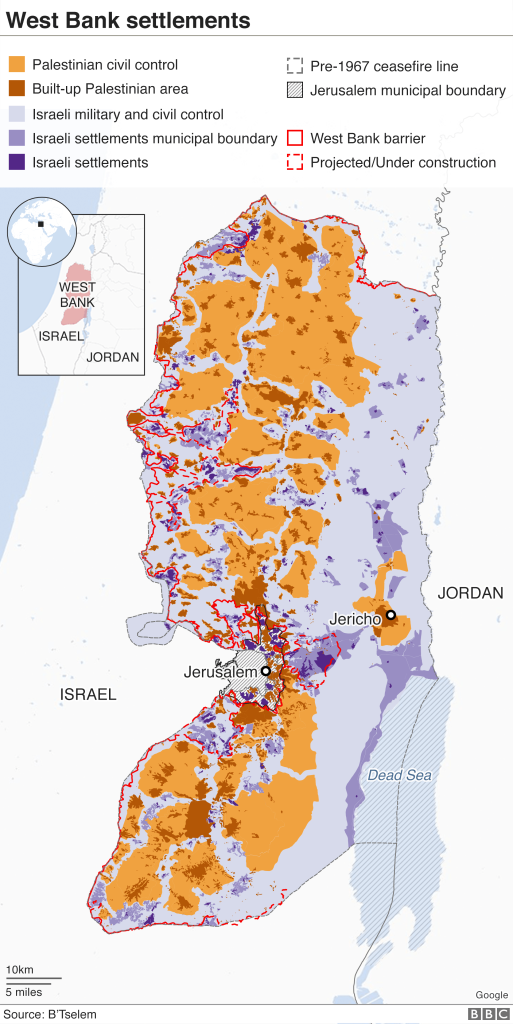
## Way Forward
The path forward for the Middle East peace process is uncertain, but it is clear that a lasting peace will require compromise and cooperation from all parties involved. The establishment of a Palestinian state, based on the 1967 borders, with East Jerusalem as its capital, remains a key objective. However, achieving this goal will require significant progress on issues like settlement expansion, security, and economic development.
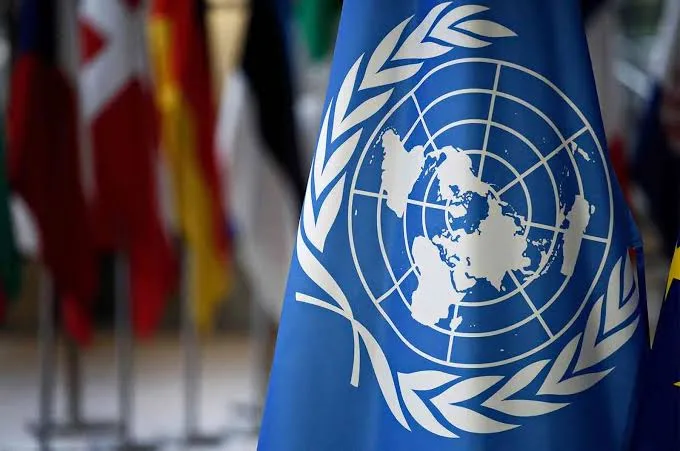
## Conclusion
The Middle East peace process faces significant challenges, but with sustained diplomatic efforts and a commitment to peace, it is possible to overcome these obstacles and achieve a lasting resolution. The situation in Ramallah and the broader region will continue to be closely watched, and the international community must remain engaged to support peacebuilding efforts.
## Key Quotes
– “The expansion of settlements is a major obstacle to peace and undermines the possibility of a two-state solution,” said a senior Palestinian official.
– “We are committed to finding a peaceful resolution to the conflict, but it requires compromise and cooperation from all parties,” said a diplomat involved in the peace process.
The situation remains fluid, and ongoing developments will shape the future of the Middle East peace process.
